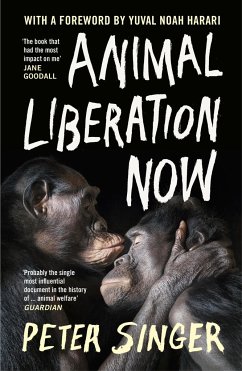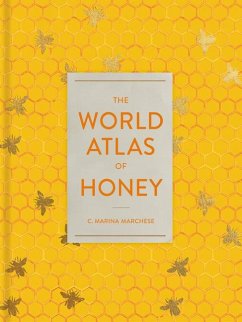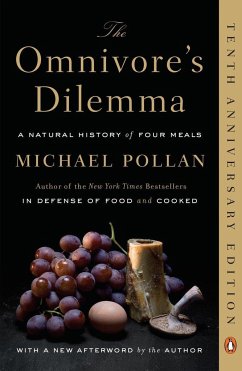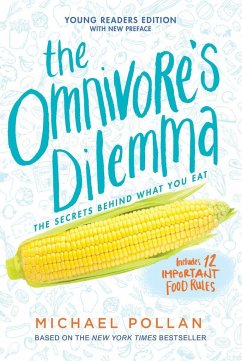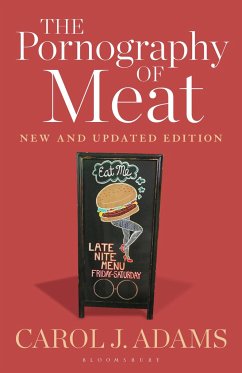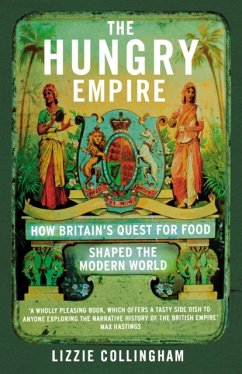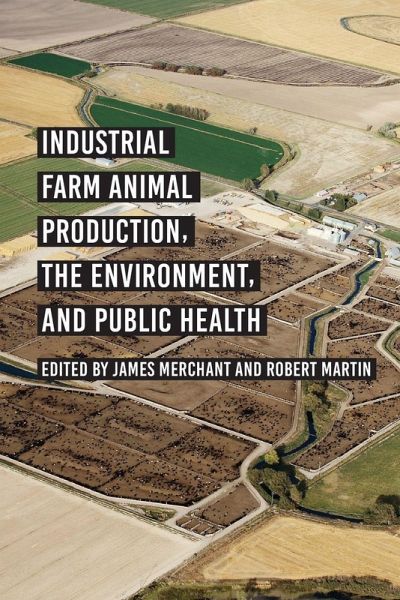
Industrial Farm Animal Production, the Environment, and Public Health
Versandkostenfrei!
Versandfertig in 1-2 Wochen
46,99 €
inkl. MwSt.

PAYBACK Punkte
23 °P sammeln!
Essential essays on the environmental impacts of factory farms on public health. The rapid--and relatively recent--concentration of food animal production into factory farms makes meat plentiful and cheap, but this type of agriculture comes at a great cost to human health and the environment. In Industrial Farm Animal Production, the Environment, and Public Health, editors James Merchant and Robert Martin bring together public health experts to explore the most critical topics related to industrial farm animal production. The environmental impacts of these concentrated animal-feeding operation...
Essential essays on the environmental impacts of factory farms on public health. The rapid--and relatively recent--concentration of food animal production into factory farms makes meat plentiful and cheap, but this type of agriculture comes at a great cost to human health and the environment. In Industrial Farm Animal Production, the Environment, and Public Health, editors James Merchant and Robert Martin bring together public health experts to explore the most critical topics related to industrial farm animal production. The environmental impacts of these concentrated animal-feeding operations endanger the health of farm and meatpacking workers, neighbors, and surrounding communities. Factory farms create public health hazards such as antibiotic-resistant bacteria due to the overuse of antibiotics in livestock, as well as water polluted with nitrates, microbes, and other harmful chemicals. Despite the clear need for greater worker protection and oversight to mitigate the environmental harms of these practices, factory farms are notoriously difficult to regulate. Industrial animal operations are located predominantly in rural areas, often next to poor communities and communities of color. Food companies have driven independent producers nearly to extinction, sapped the economic vitality of rural communities, and amassed sweeping political influence at both the state and national levels to effectively prevent mitigation efforts. Essays in this volume cover pertinent topics such as the history, structure, and trends in the factory farming industry; water and air pollution; infectious disease health effects; community and social impacts; environmental justice and sustainable agriculture; and the impacts of COVID-19 among meatpacking workers.





